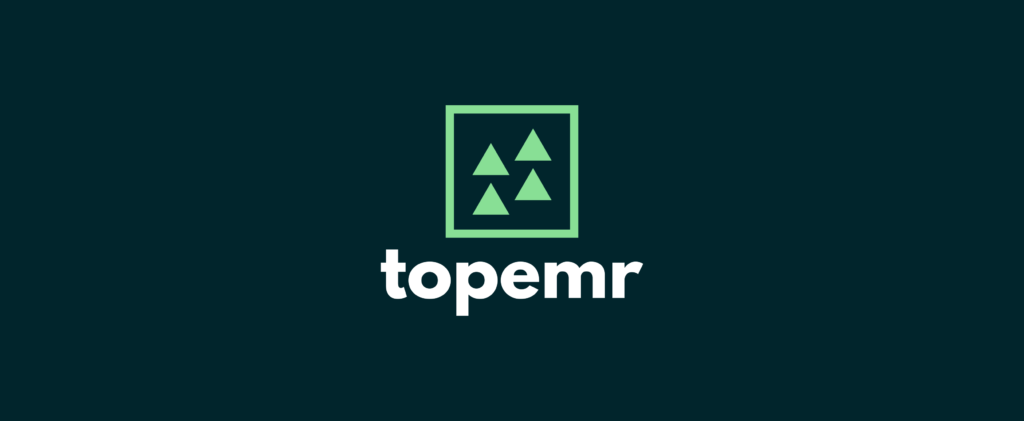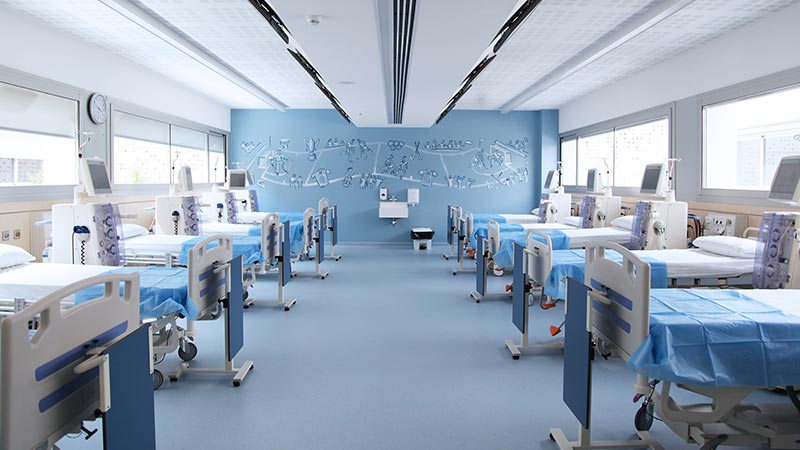Introduction
In Dubai’s dialysis landscape, efficiency is as critical as quality of care. Every empty dialysis chair represents wasted opportunity—missed treatment for patients, underutilized clinical resources, and lost revenue for providers. With rising chronic kidney disease (CKD) prevalence in the UAE and tightening Ministry of Health (MOH) and NABIDH compliance requirements, dialysis units cannot afford inefficiencies in scheduling, patient throughput, or compliance.
Across Dubai, dialysis operators are discovering that technology—not manpower—is the differentiator. Clinicea, a clinic management SaaS platform built specifically for dialysis units, is helping clinics move beyond Excel sheets and fragmented tools. By integrating scheduling, compliance, inventory, billing, and telehealth into one system, Clinicea enables dialysis units to scale sustainably while maintaining MOH standards.
This article reviews the lessons from the LinkedIn case study on 32% chair utilization improvement and insights from TopEMR.ae articles—applying them to Dubai’s regulatory and operational environment.
The Dubai Challenge: High Demand, Higher Compliance
Dubai’s healthcare system has invested heavily in nephrology care, but dialysis clinics still face three persistent challenges:
- Rising Demand for Dialysis
CKD and ESRD prevalence is growing in the region, creating mounting pressure on chair availability and capacity. - Strict Compliance Requirements
MOH and NABIDH demand accurate documentation—session logs, machine utilization, consent, consumables tracking, and water quality reports must all be audit-ready. - Operational Inefficiency
Many clinics still rely on manual scheduling, fragmented EMRs, and Excel-based billing—leading to bottlenecks, billing errors, and underutilized resources.
Clinics that fail to address these issues face increased audit risk, rising costs, and declining patient satisfaction.
Smart Scheduling: From Chaos to Control
The LinkedIn case study shows what happens when dialysis units transition from manual to smart scheduling with Clinicea:
- Problem Before Clinicea:
- Empty chairs due to gaps in scheduling
- Double-bookings and overlaps
- No-shows not filled in time
- Staff overloaded with manual calls and reminders
- Empty chairs due to gaps in scheduling
- After Clinicea Implementation:
- Appointments linked directly to machines and staff capacity
- Real-time dashboard of chair availability
- Automated SMS reminders and rebooking workflows for no-shows
- 32% increase in chair utilization within 30 days
- Appointments linked directly to machines and staff capacity
For Dubai, where demand for dialysis is consistently high, this isn’t just an operational win—it’s a strategic advantage.
Compliance as a Daily Workflow, Not an Event
Articles on TopEMR.ae emphasize that Dubai’s dialysis clinics must move beyond audit-prep mode. Compliance should be a daily byproduct of clinical workflows, not a last-minute scramble before inspections.
Clinicea enforces compliance automatically:
- Consent Management → Digital prompts ensure every dialysis session starts with signed consent, instantly linked to patient records.
- Session Logs → Exact chair assignments, start/end times, and vitals are logged automatically.
- Consumables Traceability → Every dialyzer, heparin dose, and saline bag is auto-billed and tied to a specific session.
- Infection Control & Water Quality → Customizable digital checklists for RO water logs and disinfection cycles make NABIDH compliance effortless.
For Dubai clinics, this shifts compliance from burden to assurance.
Inventory and Consumables: Never Run Out, Never Overbill
One recurring theme in TopEMR.ae articles is how inventory mismanagement creates both compliance risks and financial leakage.
Clinicea closes this gap through:
- Barcode-enabled consumables tracking
- Auto-deduction at point of care
- Batch and expiry tracking
- Centralized dashboards for multi-unit clinics
For Dubai operators scaling across multiple sites, Clinicea ensures that a shortage in one unit can be covered by transfers from another—without disruption to patient care.
Data-Driven Scaling: The Dubai Growth Imperative
Dubai’s healthcare vision encourages private providers to expand capacity. But scaling dialysis units from one to multiple sites introduces risks:
- Workflow drift across locations
- Inconsistent billing
- Resource duplication
- Compliance failures
Clinicea solves this by embedding chain-level governance:
- Standardized EMR and protocols across units
- Central dashboards for utilization, no-show rates, and session duration
- Cross-site stock visibility and transfers
- Centralized audit readiness
As highlighted both in TopEMR.ae and the LinkedIn case study, Clinicea doesn’t just enable expansion—it enforces discipline while scaling.
Patient Experience: The Overlooked Metric
Dubai’s patients expect healthcare to be timely, predictable, and transparent. Clinics that fail to manage scheduling, wait times, and follow-ups risk damaging trust.
Clinicea directly improves patient experience:
- Reduced Wait Times: Smart scheduling cut wait times by 20% in the case study.
- Consistent Care: Protocol-driven workflows ensure no step is skipped.
- Engagement Tools: Automated SMS reminders, telehealth integration, and satisfaction surveys build patient confidence.
In a competitive market like Dubai, patient satisfaction is as important as compliance.
Case in Point: The Dubai Advantage
Let’s contextualize the 32% utilization improvement for Dubai.
- If a clinic runs 20 chairs, 3 shifts daily: That’s 60 sessions per day.
- With 32% higher utilization: That’s ~19 more sessions daily, or 570 more per month.
- Impact: More patients treated, higher revenue, and improved public health outcomes without extra infrastructure.
This aligns with Dubai’s healthcare mandate: do more with less, but without compromising safety.
Conclusion: From Efficiency to Leadership
For Dubai’s dialysis operators, the choice is clear. Relying on Excel sheets and manual workflows isn’t just inefficient—it’s a liability. Empty chairs cost more than lost revenue; they reflect lost opportunities for care and compliance risks.
Clinicea offers a proven pathway to transform dialysis units into efficient, compliant, and patient-first operations.
- Compliance is automated
- Scheduling is optimized
- Inventory is controlled
- Scaling is disciplined
- Patient satisfaction is measurable
As the LinkedIn case study demonstrates, the gains are immediate: 32% more utilization, lower no-shows, shorter waits, and happier staff. Combined with insights from TopEMR.ae, the message is simple:
In Dubai, the future of dialysis care belongs to clinics that integrate technology into every shift, every chair, every session.
Featured LinkedIn Article:
How Smart Scheduling Boosted Dialysis Chair Utilization by 32% – https://lnkd.in/gTstWKSu


Leave a Reply